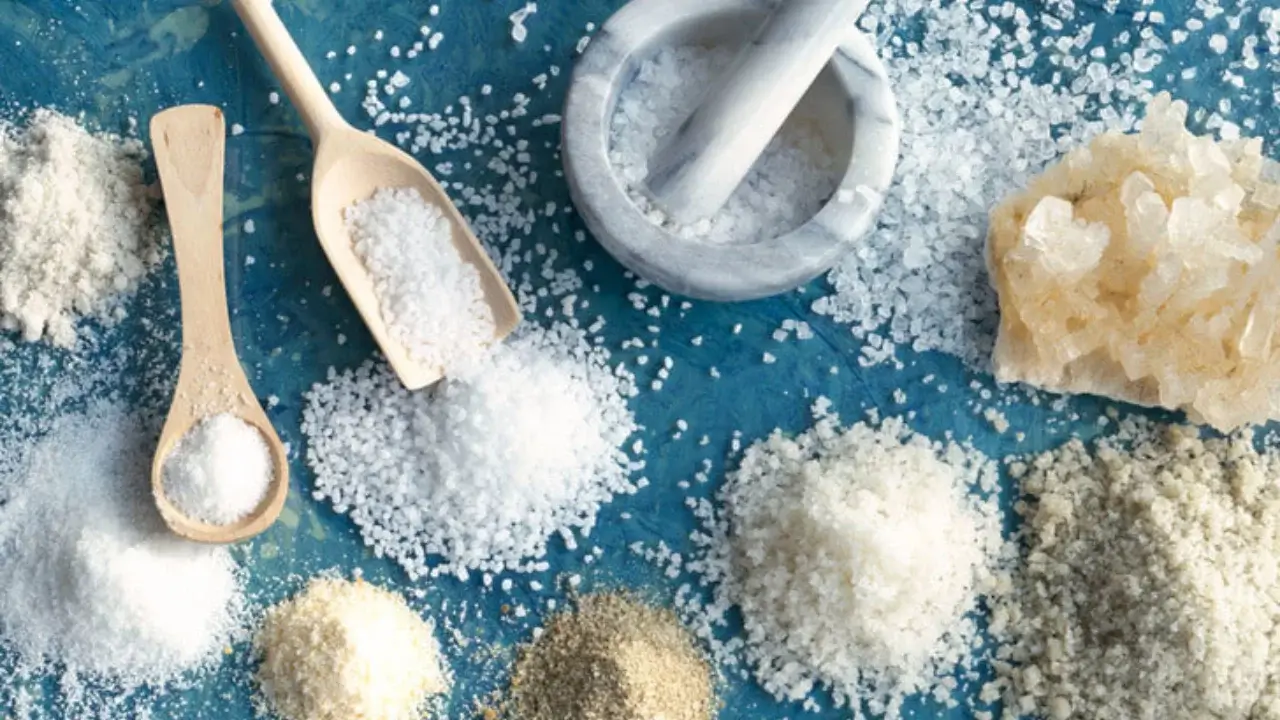Too much salt can shorten your life – experts warn

Many people think of salt as just a seasoning that adds flavor to food and limit it to the amount added in the kitchen. In reality, most of the salt consumed comes from processed foods such as ready meals, sausages, chips, canned goods, bread, and other refined products. As a result, many people unknowingly consume two to three times more salt than the recommended amount.
Although salt is one of the essential nutrients for the human body, excessive intake increases blood volume and puts extra pressure on the heart and blood vessels. This significantly raises the risk of developing dangerous conditions such as arterial hypertension, stroke, and heart attack. The World Health Organization (WHO) recommends that adults limit their daily salt intake to no more than 5 grams (about one teaspoon). However, research shows that most people consume two to three times this amount. For example, the global average daily sodium intake is 4,310 mg, equivalent to about 10.78 grams of salt.
Hidden sources of salt
Most people calculate salt intake only by what is added during cooking, but the majority actually comes from:
sausages and hot dogs
canned and ready-made meals
chips and salted nuts
bread and bakery products
In many of these products, the salt content can be several times higher than recommended.
Health effects of excess salt
Increased blood pressure – Sodium retains water in the body, increasing blood volume and raising blood pressure. Long-term hypertension increases the risk of heart attack, stroke, and kidney failure. Reducing daily salt intake by just 1 gram can lower blood pressure and reduce cardiovascular disease risk.
Extra load on kidneys – Kidneys work harder to remove excess sodium through urine, which can lead to chronic kidney disease and kidney stones.
Weakening of bones and muscles – Excess sodium causes calcium loss from bones, increasing osteoporosis risk. Sodium-potassium imbalance can cause muscle weakness and cramps.
Stomach cancer risk – High salt levels damage the stomach lining and support the activity of Helicobacter pylori bacteria, leading to ulcers and cancer.
Brain function impairment – Excess sodium reduces blood vessel elasticity, decreasing blood flow to the brain, which impairs memory, concentration, and thinking. Some studies also link high salt intake to a higher risk of dementia and Alzheimer’s disease.
Tips to reduce salt intake:
Read labels to check salt content
Use herbs and spices instead of salt
Limit processed and ready-made foods
Reducing excessive salt consumption can help protect heart, kidney, bone, and brain health, and prevent many serious diseases in the future.
Read “Zamin” on Telegram!












